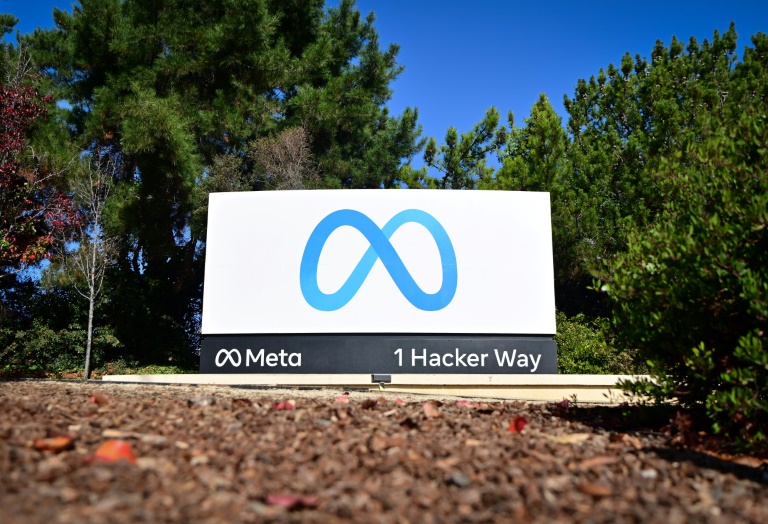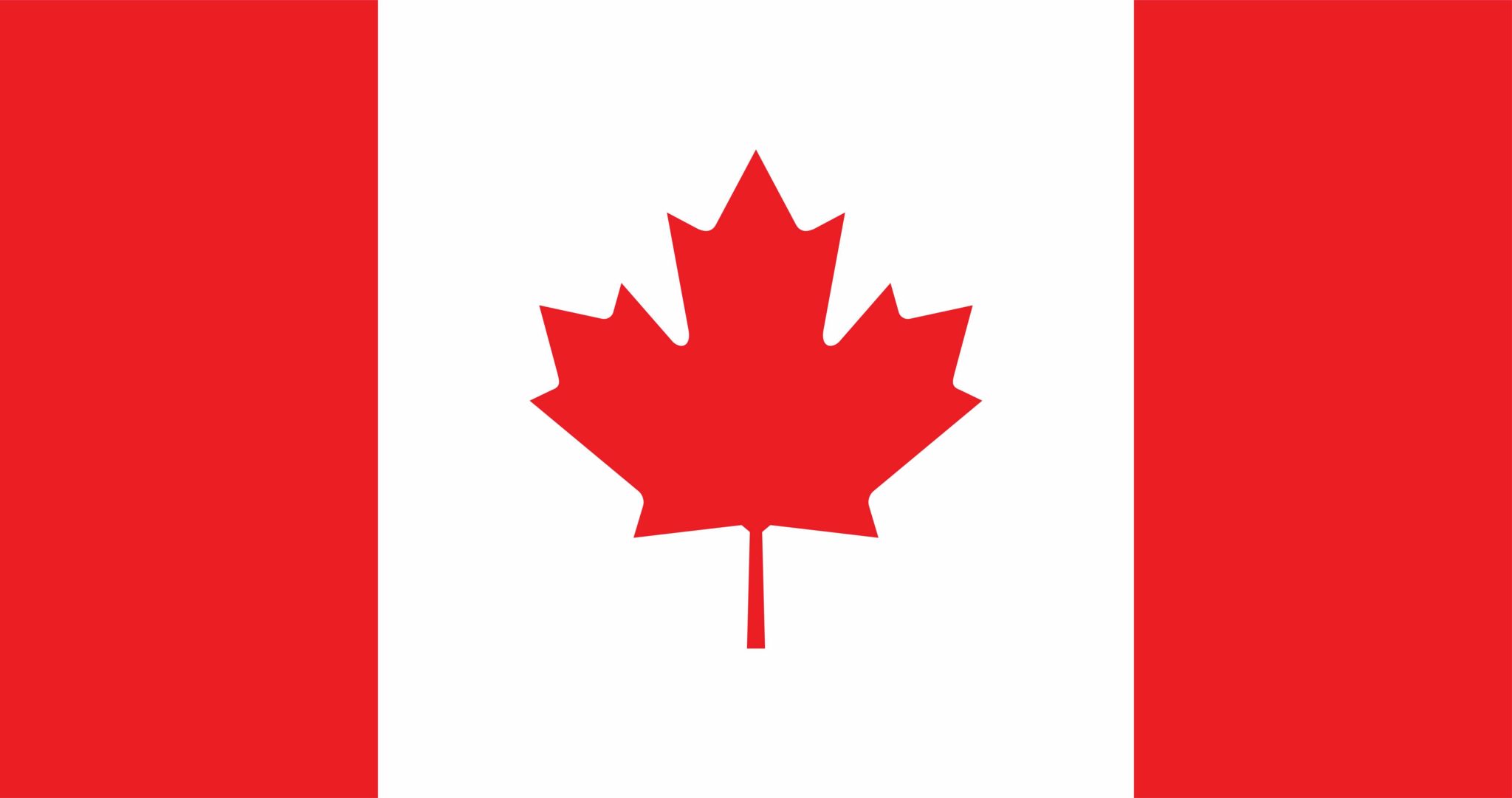Meta (owner of Facebook, Instagram and WhatsApp) and Alphabet (controller of Google), which are part of the “big tech” bloc, are against it. TikTok and Twitter are also unhappy with the text.
The countries that support the measure defend the appreciation of professional journalism, which has been a tool to fight fake news circulating on social networks.
The proposal is not being discussed only in Brazil. Australia, Canada, New Zealand and Indonesia are in favor of compensation:
Australia
A Australia was the first country in the world to force ‘Big Techs’ to pay for journalistic content which is shared on their platforms. The law was passed in 2021, and that year the media pocketed $200 million with the decision, according to the Financial Times newspaper.
Canada
In Canada, the “Online News Act” bill is being processed, which also obliges Alphabet and Meta to sign agreements with vehicles for the financing of shared materials on platforms.
Since 2008, more than 450 news sites have closed in Canada, while tech giants have gained more and more space, which also prompted the creation of the law, according to the France Presse agency.
“They [as empresas de mídia social] can play an important role in supporting the production of credible news and information,” says the Canadian Parliament.
New Zealand
In December 2022, New Zealand announced that it would put the discussion on the agenda, also stating that it would be based on proposals from Australia and Canada.
“It’s not fair that big digital platforms like Google and Meta host and share local news for free. It costs to produce the news and it’s fair that they pay,” said the country’s communications minister, Willie Jackson.
The New Zealand parliament has the Labor Party as a majority, which should favor the approval of the law, according to the Reuters agency. The vote is expected to take place this year, according to the Wall Street Journal.
Indonesia
Indonesia has also taken inspiration from Australia and hopes, still in the first half of the year, to pass legislation that funds journalistic vehicles, according to Reuters.
“We hope the new law will level the playing field between media and technology companies in terms of providing content and generating profits,” said Arif Zulkifli, member of the Indonesian Press Council.
The proposed law would allow the Indonesian press council to determine the prices charged and act as a “mediator” in the event of a dispute.
What the platforms say about the PL
In a note, Facebook owner Meta says the bill creates a “confusing” and “unsustainable” environment, which may, for example, force the platform to pay for content made by malicious people to whom journalists ask to publish false information.
“The bill also does not define ‘journalistic content.’ This could lead to an increase in misinformation, not the other way around,” the company said in a statement.
And in an open letter, Google said it works daily to address these issues, but the bill may pose security risks to users and deserves more space for discussion and debate.
Last week, a group of associations representing journalism companies published a manifesto in which they defended the Fake News PL. According to the companies, the project is necessary “in view of the dramatic effects of misinformation and hate speech” on society.
He also said that appreciation for professional journalism serves as “an antidote to this social epidemic”.
“As is already happening in other countries, the remuneration of journalistic activity by technological platforms can be a decisive element for the formation of a large, diverse and healthy journalistic ecosystem, capable of opposing the spread misinformation and hate speech,” the companies state in the manifesto.

“Pop culture fan. Coffee expert. Bacon nerd. Infuriatingly humble communicator. Friendly gamer.”

:strip_icc()/i.s3.glbimg.com/v1/AUTH_59edd422c0c84a879bd37670ae4f538a/internal_photos/bs/2021/c/p/MUKHxzQMuZ7AZ1fdQ1ZA/000-9p44yg.jpg)



:strip_icc()/s01.video.glbimg.com/x720/7214172.jpg)
